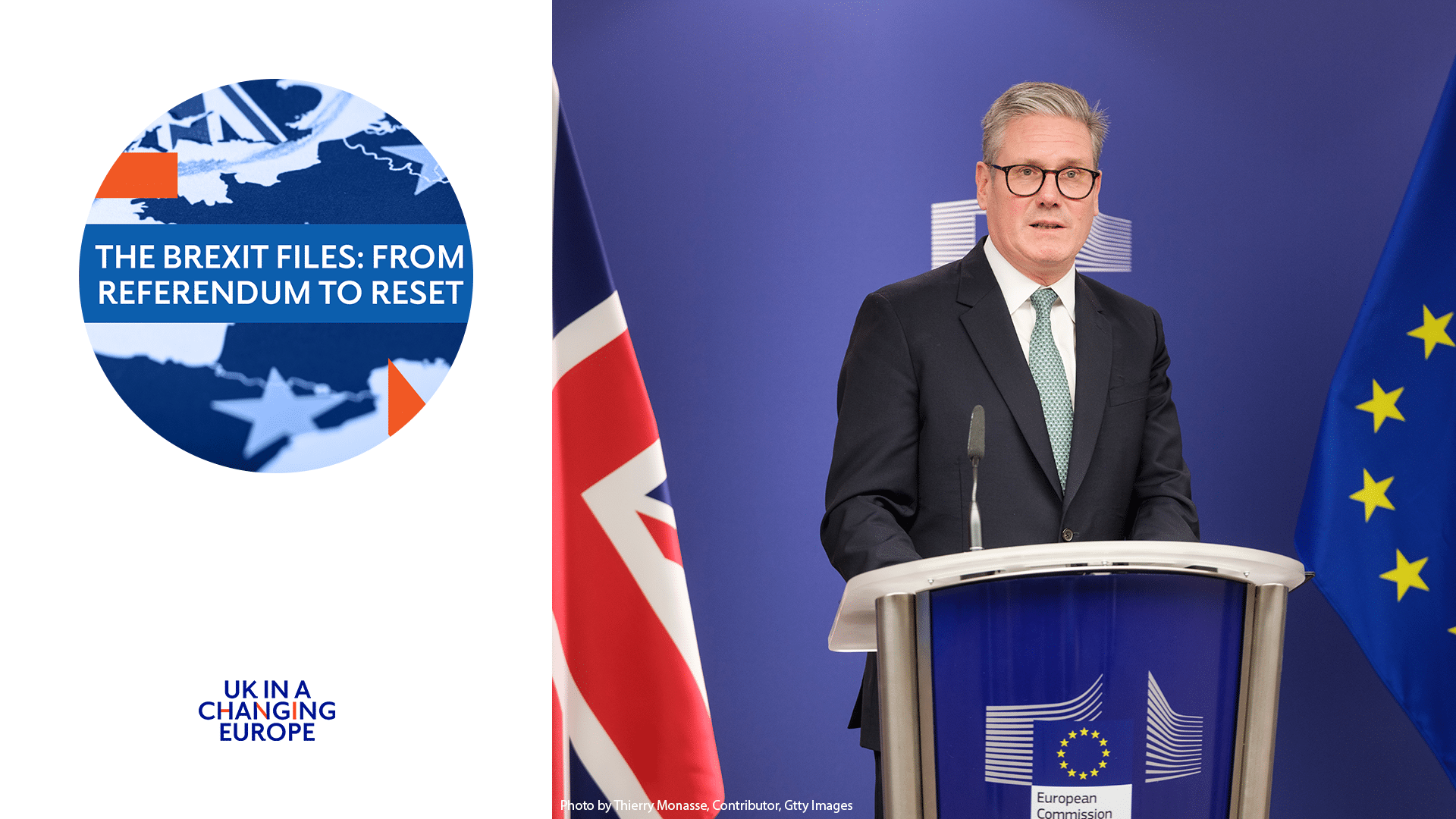
Understanding the Starmer Government's Approach to EU Relations Post-Brexit
With the UK having stepped out of the European Union's embrace, the Starmer government faces a complex web of challenges and opportunities in shaping its EU policy. As boundaries are redefined and new diplomatic strategies are crafted, understanding the nuances of the Starmer administration's approach to the EU becomes crucial. This article delves into the key aspects and priorities of the government's EU relations post-Brexit, providing insights into what to expect in the coming years.
The Political Landscape Post-Brexit
Post-Brexit Britain finds itself navigating uncharted waters. While the decision to leave the EU was made under a different administration, the responsibility of managing its repercussions now falls on the Labour government led by Keir Starmer. The government must balance the public's expectations with pragmatic diplomatic relations.
Starmer's administration is aware of the multifaceted nature of EU relations, considering both economic and political variables. The potential for cooperation is immense, yet turning possibilities into policies requires finesse. The Labour government needs to strike a balance between maintaining sovereignty and fostering beneficial relations, which is easier said than done.
The Economic Dimension
Trade relations form the backbone of any financial engagement with the EU, and these ties have been significantly restructured post-Brexit. The Starmer government is keen on renegotiating trade deals that align with the UK's economic interests while ensuring minimal friction for businesses operating cross-border. This involves tackling tariffs, aligning standards, and streamlining customs procedures.
Beyond trade, securing a stable financial services arrangement with the EU remains a priority, considering the vital role this sector plays in the UK's economy. The Starmer administration is expected to advocate for handshake agreements that facilitate smooth operations in the financial markets without compromising the UK's regulatory autonomy.
Social and Cultural Ties
Cultural exchanges represent another pivotal area where the UK seeks to reinforce its connection with the European Union. Educational collaborations, research programs, and arts initiatives all contribute to weaving a rich tapestry of shared interests.
Promoting mobility for students, academics, and artists is likely to be high on the agenda, as this not only enriches individuals' experiences but also boosts innovation and creativity on both sides. The government is expected to push for policies that simplify the process of cultural engagement, ensuring that barriers are as low as possible.
Addressing the Irish Border
Arguably one of the thorniest issues in EU-UK relations is the status of the border between Northern Ireland and the Republic of Ireland. The Good Friday Agreement brought peace to the region, and preserving this is paramount to any discussions regarding the border.
Starmer's government, cognizant of the border's delicacy, is likely to approach this with a solution-oriented mindset. Engaging both the EU and local stakeholders in constructive dialogues aimed at minimizing border-related disruptions will be critical.
The Future of Security and Defense Cooperation
Ensuring security within the UK while contributing to global stability remains a shared responsibility with the EU. As new threats emerge, the Starmer government is expected to engage with the EU on matters of defense, intelligence sharing, and counterterrorism strategies.
Building upon existing frameworks, the UK might advocate for new collaborative initiatives that enhance security while respecting each party's jurisdiction. Cooperation in cyber security, particularly, will be crucial given the growing challenges in this domain.
Environmental Collaboration
Environmental issues know no borders, and climate change is an area crying out for joint action. The UK is well poised to lead by example and join forces with the EU in combating this global threat.
The Starmer administration could focus on re-establishing partnerships in green technologies, sustainable energy, and climate policy, aligning with broader European goals. Such collaboration can amplify the impact of isolated efforts and drive forward a united front against ecological degradation.
Citizens' Rights and Red Tape
The impact of Brexit on citizens' rights has been profound, with many facing bureaucratic hurdles in their personal and professional lives. Addressing these concerns will form another pillar of the Starmer government's EU policy.
Efforts to renegotiate reciprocal rights for UK and EU citizens must be a priority, offering clarity and security for those residing across borders. Streamlining residency and work permit processes, alongside advocating for fair treatment, will be central to rebuilding trust.
Building Diplomatic Bridges
Moving forward, Starmer's approach is expected to emphasize diplomacy, dialogue, and multilateralism. Establishing a rapport with European leaders and positioning the UK as a constructive partner will be central to this effort.
The government will likely aim to strengthen diplomatic ties through regular exchanges, participation in EU-sponsored forums, and showcasing a willingness to collaborate on global issues like health crises and economic recovery.
Conclusion
The Starmer government's EU policy rests upon several fundamental tenets. An emphasis on economic stability, cultural ties, and cooperative security measures is prominent in their approach, along with a commitment to addressing citizens' remains concerns and maintaining peace in Ireland.
Navigating post-Brexit relations demands both strategic acumen and diplomatic dexterity. By focusing on shared interests and mutual benefits, the Starmer administration can foster a robust and positive partnership with the EU, helping ensure a prosperous future for the UK.


